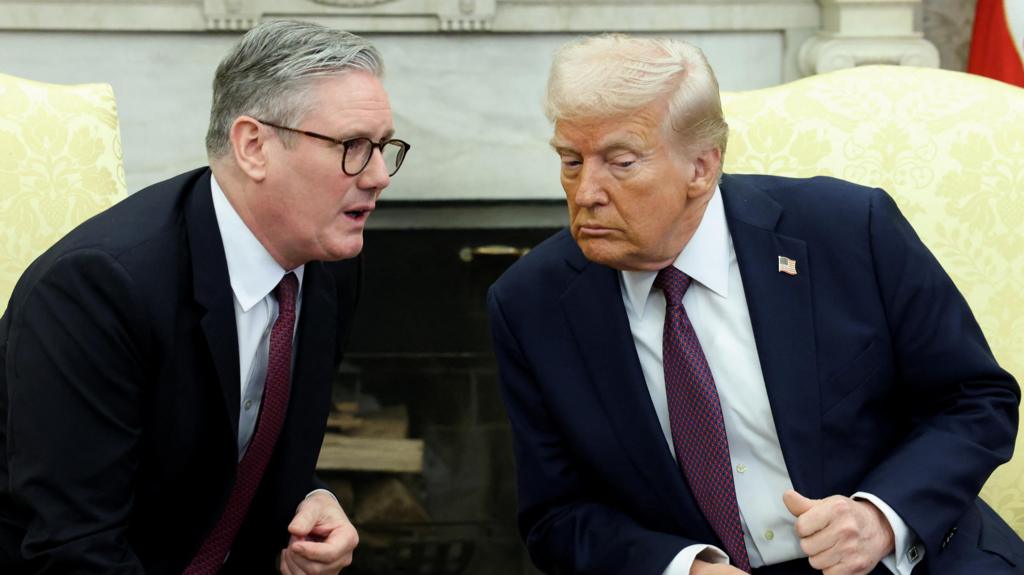Following America’s attacks on Iran, the Prime Minister spoke with President Trump. However, a prior anticipated request for a definitive yes or no response regarding UK involvement did not materialize.
This doesn’t preclude such a request in the coming weeks. The British government has clarified that, while informed beforehand of Washington’s actions, it was neither involved nor consulted.
Consequently, President Trump did not request UK assistance, such as authorizing US aircraft to utilize the Diego Garcia military base. Given the public calls for de-escalation and internal government questions regarding the legality of involvement, a positive response to such a request might have proved challenging.
Conversely, a refusal would have been equally difficult, considering the considerable effort invested in fostering a strong relationship with President Trump. Washington’s unilateral action, launching aircraft directly from the US, obviated the need for a binary decision from the UK.
However, depending on Iran’s response, such difficult choices may resurface. Currently, the UK’s approach can be characterized as supporting America’s objectives while conspicuously distancing itself from its methods.
Specifically, the UK opposes a nuclear-armed Iran but does not endorse Washington’s approach of targeting Tehran’s nuclear facilities. Critics label this as equivocation and “moral cowardice.”
The Foreign Secretary, along with representatives from France, Germany, and the European Union, met with Iran’s Foreign Minister in Geneva; however, President Trump publicly dismissed these efforts. Subsequently, the attacks commenced.
During the attacks, the US Secretary of State spoke with the UK Foreign Secretary. The Foreign Secretary also contacted his Iranian counterpart, urging direct talks between Iran and the US. Iran has stated its unwillingness to engage while under attack.
The Foreign Secretary further engaged with Israeli, Egyptian, and Cypriot Foreign Ministers, advocating for a diplomatic solution, and followed up with another conversation with the US Secretary of State.
The UK’s stance remains clear: a diplomatic resolution is the best long-term strategy to achieve a nuclear-free Iran. However, America disregarded this argument from London, Paris, and Berlin before the air strikes. The question is whether it will be heeded now.
A government minister, likely the Foreign Secretary, will address Parliament on this matter on Monday. On Tuesday, the Prime Minister, President Trump, and other Western leaders will convene at the NATO summit in the Netherlands, where this issue will undoubtedly be central to their discussions.
Sign up for our Politics Essential newsletter for in-depth political analysis and updates.
Qatar’s foreign affairs ministry stated that its advisory “does not necessarily reflect the existence of specific threats”.
Targeted sites included a uranium enrichment facility at Fordo.
Protests erupted in New York, Los Angeles, Washington D.C., and Toronto following the US strikes.
Europe anticipates Trump’s arrival at the NATO summit, facing difficult questions regarding Iran and defense spending.
The President’s comments followed statements from other officials denying that regime change in Tehran was the objective.

